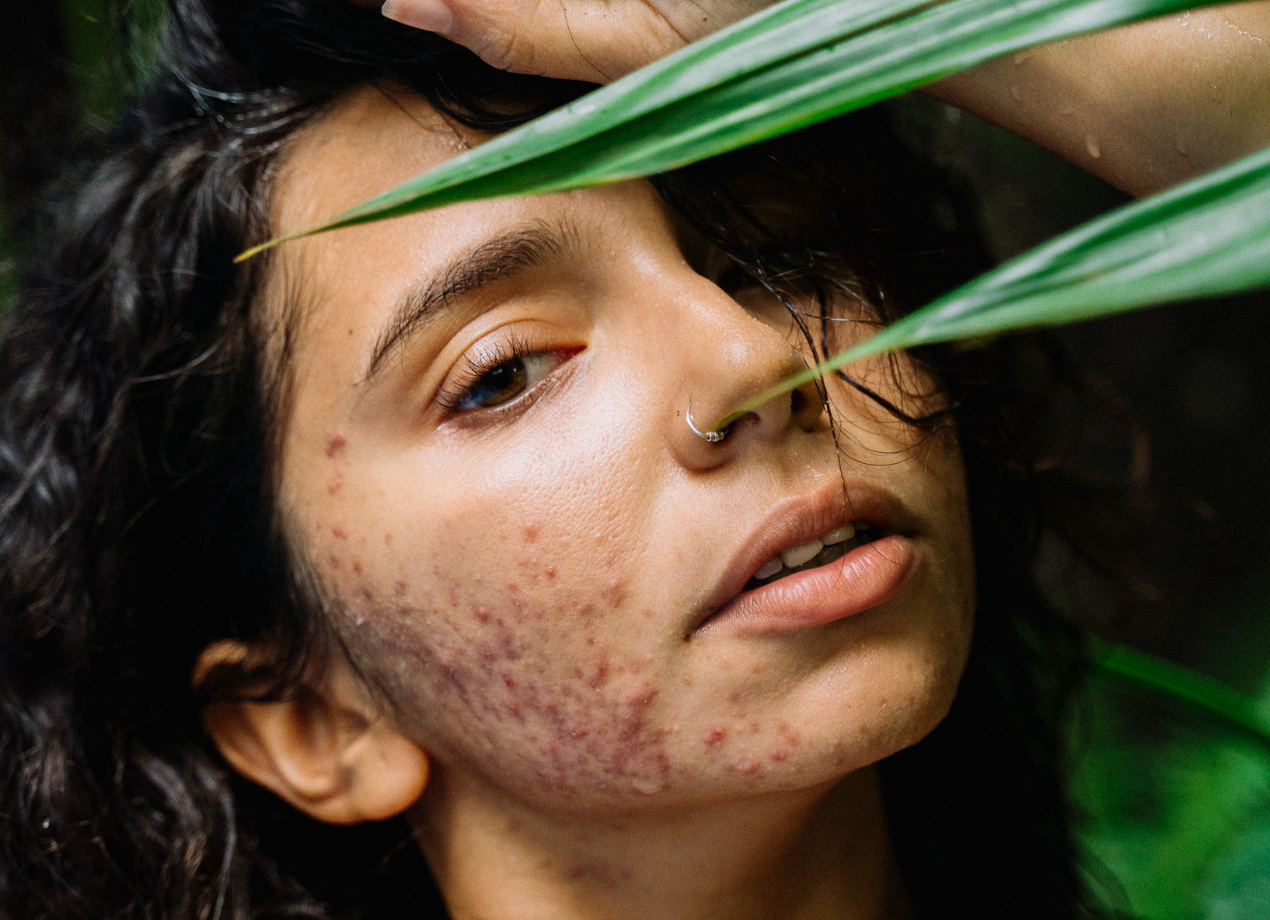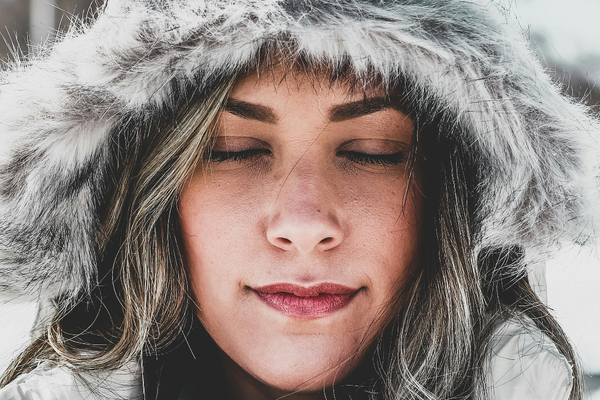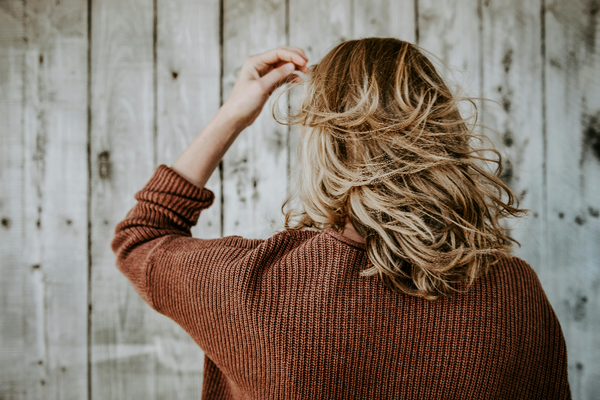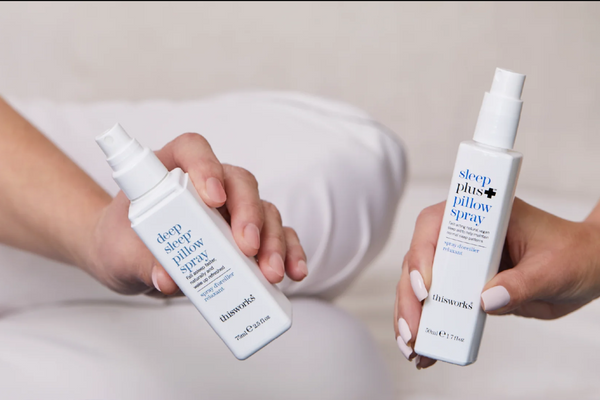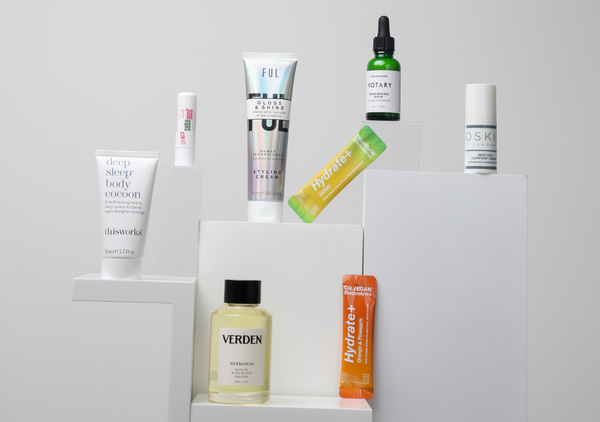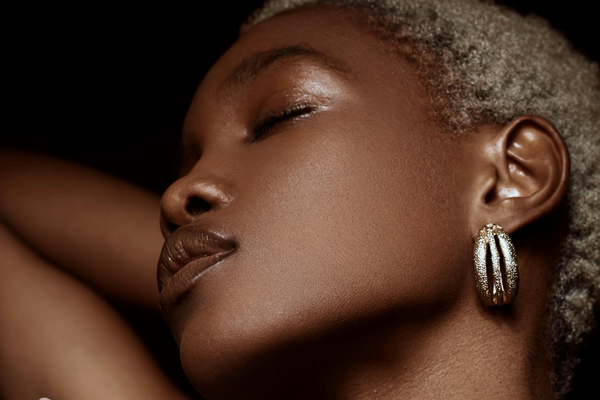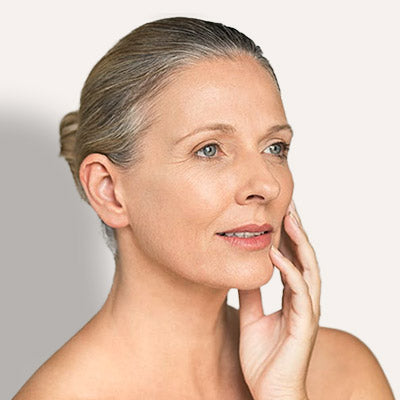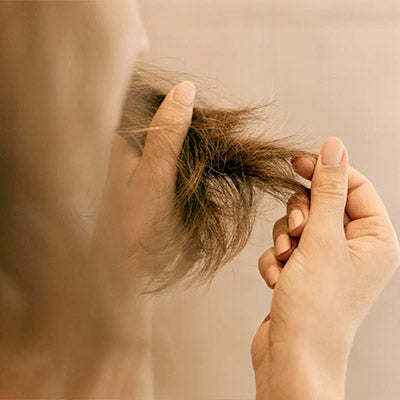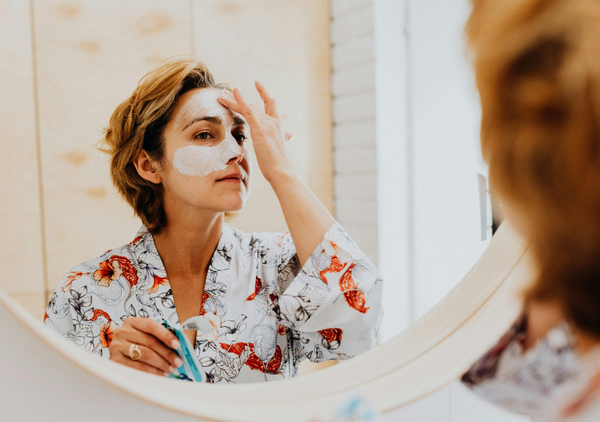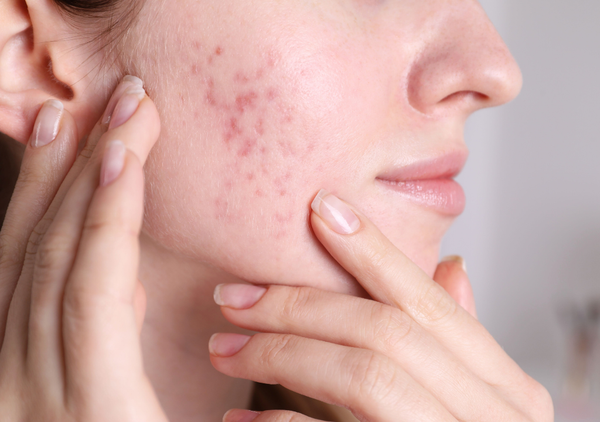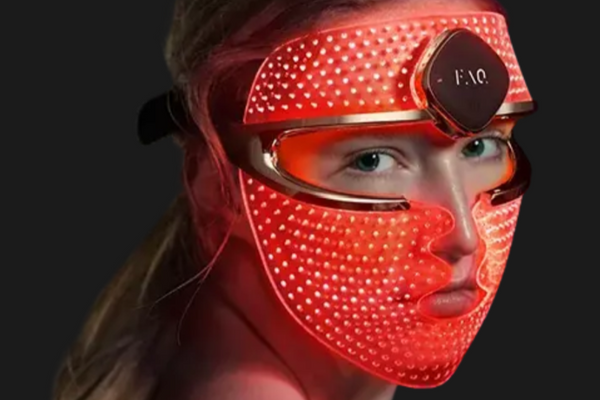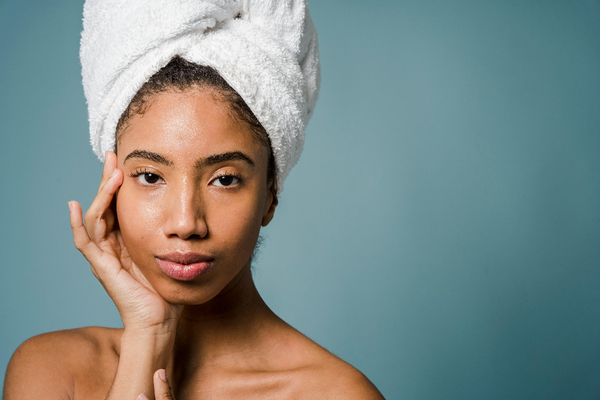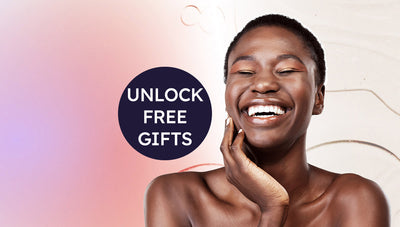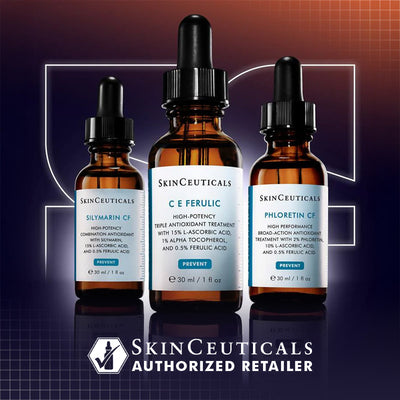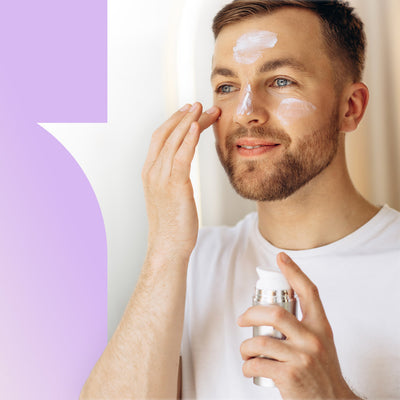How To Know What Type Of Acne You Have
Just about everyone gets blemishes and spots at some point in their life. Unfortunately, they tend to appear during the worst times, like just before an interview for a dream job or...
Just about everyone gets blemishes and spots at some point in their life. Unfortunately, they tend to appear during the worst times, like just before an interview for a dream job or before a big date. However, many teenagers and young adults deal with acne, a skin condition that develops when pores or hair follicles become clogged with dead skin cells and oil. Acne is often used as a broad-term to describe all bumps on the skin, but there are many different types of acne which can make it difficult to know how to treat it effectively.
If you're asking yourself the question 'what type of acne do I have?', then keep on reading to discover our informative guide on different acne types, the symptoms and how to know what type of acne you have so that you can select the right products for you and your skin type for a clear, fresh and bright complexion.
How to know what type of acne you have:
Persistent, moderate, and severe acne can be incredibly frustrating, affecting your confidence, self-esteem, and preventing you from doing the things that you enjoy. Therefore, it is so important that you learn what type of acne you have, and how to recognise the different types of blemishes as different acne responds to different treatments.
1. Whiteheads
Whiteheads develop underneath the skin's surface, and they are round, small and covered by a thin layer of skin with a white, yellowish appearance. They occur when oil and skin cells prevent clogged hair follicles from opening, and can be caused by oily skin, hormones, diet, puberty and even the type of makeup and skincare that you use.
2. Blackheads
Blackheads are comedones that are open at the skin's surface, and are filled with excess oil and dead skin cells. They aren't covered by skin, and they rise to the skin's surface. Exposure to air causes trapped oil inside the pores to turn black, causing a dark appearance on the skin. They can be caused by oily skin, hormones, diet, skincare products and even some medications.
3. Papules
These are inflamed comedones that form small red or pink bumps on the skin's surface. They may be sensitive to the touch, and picking or squeezing can make the inflammation worse, possibly causing it to scar. Papules usually indicate that you have moderate or severe acne.

4. Pustules
Pustules are another variation of an inflamed pimple, and they look like a whitehead with a red ring around the bump. They're normally filled with white or yellow pus, and it is important to avoid picking or squeezing them, as this can cause scarring or dark spots to appear.
5. Nodules
These are large, inflamed bumps that often feel firm to the touch and they occur deep within the skin and are often quite painful. They develop when the walls of a pore break down, and as a result bacteria and oils moves deeper into the skin and affects other pores. This type of acne blemish should be treated by a dermatologist as they often cause scarring. Over-the-counter treatments may not be effective or powerful enough to clear them up, however prescription drugs may help.
6. Cysts
Cystic acne develops under the skin, and it is often described as the worst form of acne. It happens as a result of a severe inflammatory reaction in your pores, that triggers boil-like, fluid-filled nodules. Commonly seen in menstruating women, changing levels of estrogen act at the level of the follicle that cause cysts to form deep under the skin.
How to treat acne and when to see a doctor?
The good news is that acne often doesn't need to be treated by a doctor, and can be reduced with over-the-counter products, skincare, and other self-care treatments. However, more severe types of acne does require medical attention. If your acne is persistent and doesn't clear-up overtime, we suggest making an appointment with your doctor or dermatologist so that they can take a look and access what is happening. Often, what you might think is acne can actually be another skin condition such as Keratosis Pilaris, Rosacea, or Perioral Dermatitis.
However, if you have mild to moderate acne, it is a good idea to switch-up your skincare routine first, and introduce products containing acne-fighting ingredients such as Salicylic Acid and Benzoyl Peroxide. Retinoids (Retinol) are also great at preventing clogged pores. From blemish-busting serums, to resurfacing cleansers and lightweight moisturisers, shop our acne products here.
If you're looking for products to help treat acne, discover our edit of our top 6 acne skincare saviours here.
Book in for a FREE consultation at Face the Future Clinic for a personalised recommended acne treatment plan.

